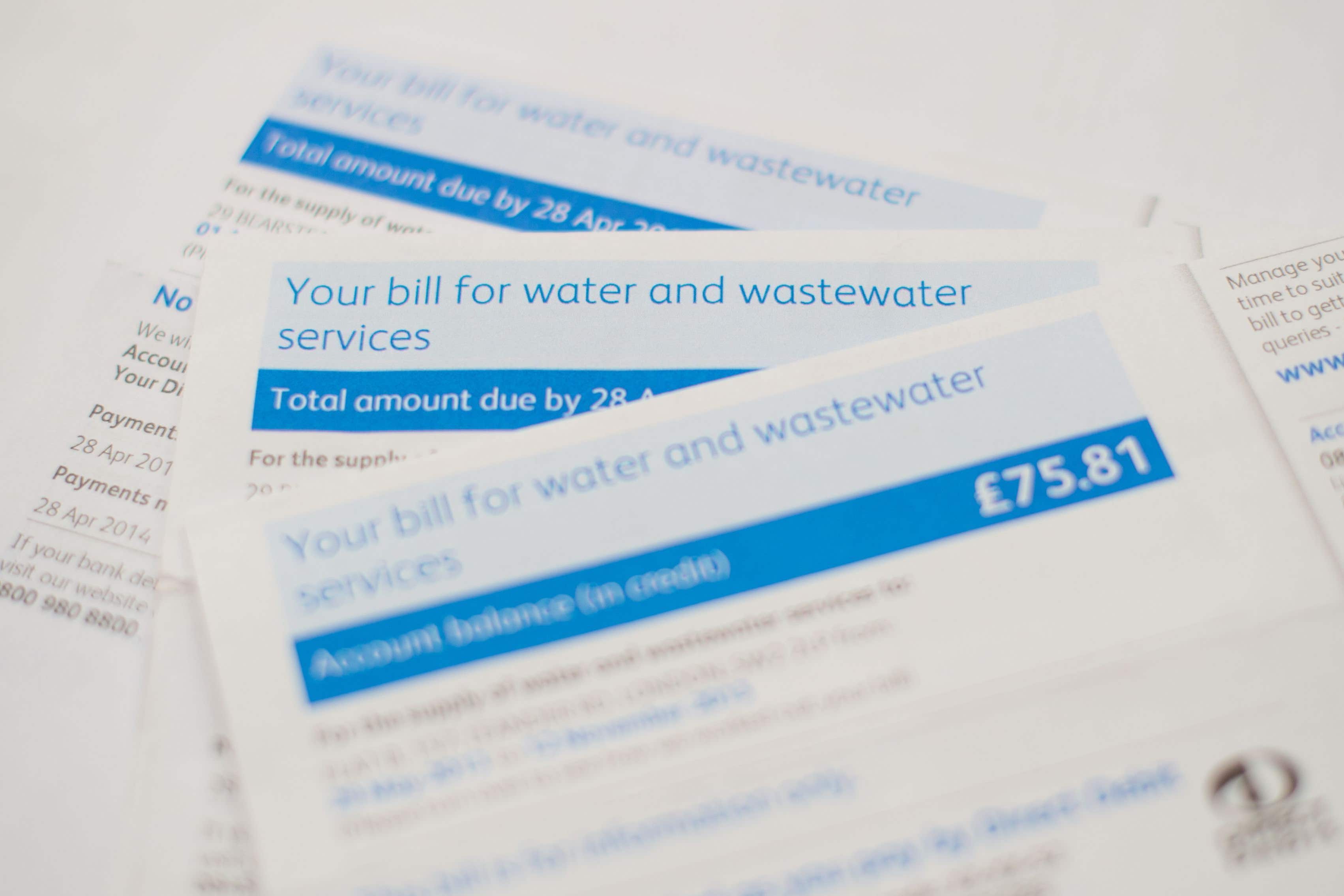Water UK trumpets £10bn sewage plan – but we’re all paying for it
Bills will see a ‘modest’ increase – but we don’t yet know what that means, writes James Moore


A question for Water UK: who are you trying to kid? The industry trade body, chaired by former Labour cabinet minister Ruth Kelly, has issued what it calls an “apology” for sewage spills, together with a £10bn plan to deliver “the biggest modernisation of sewers since the Victorian era”.
This is more than triple the current level of investment, we are told. There will also be a new “environmental hub” next year that “will for the first time give everyone near-real-time information on overflows”.
However, there’s no mention of who is going to pay for all this. Perhaps it’s because the answer is you and me, through higher bills.
Anyone with something good to sell will want to come forward and talk about it. The reverse is also true, which might explain why, when I contacted Water UK in pursuit of information, the communication was conducted solely via email.
Here is the response to the question of payment: “Investors will put up the money, with the costs then paid back in modest increments each year through bills.” “Modest” appears to be doing a lot of work in that statement.
Despite criticism levelled at the sewage outflows, and rising bills for hard-pressed consumers, payments to the industry’s predominantly foreign ownership jumped to £1.4bn in 2022 from £540m the previous year.
Water UK’s emails say that this was because the £540m “was from the Covid lockdown year, which disrupted normal companies’ finances”, with “several companies suspending dividend payments so making it an unusual two years to compare”.
Covid, everyone’s favourite excuse. The pandemic was disruptive, but water is a utility provided on a monopoly basis; it is not the same as shops or pubs. There’s another way to describe those rising dividends: greed.
Here’s another Water UK email: “The system is designed such that new infrastructure will be financed up front by shareholders and debt markets before being paid back through bills. That’s the legal basis for the entire system of regulation.”
Clearly that regulation is failing if it allows water companies to get away with this sort of thing. As the GMB union pointed out: “Householders can’t be expected to pay for years of water-company cock-ups.”
They are already paying a heavy price, with those bills having gone up by 7.5 per cent since April, even as our rivers have been turned into what the House of Commons environmental audit committee described as “a chemical cocktail” of raw sewage, slurry and microplastics.
Promises have been made, again and again. It is time the industry was made to keep them.
These investment plans will be kicked over to Ofwat, which itself doesn’t have the best of reputations – and no wonder, given all that has happened on its watch. Perhaps it will be able to tell us what “modest” means in cash terms for customers.
A Survation poll last year asked: “Do you think the following services should be run in the private sector or the public sector?” A commendably neutral question, that. Water came second, at 69 per cent, in terms of those saying “public”, after only the NHS – which is already in the public sector (as is water in Scotland) – and ahead of buses, rail, energy and Royal Mail, all of which have been talked about as candidates for some form of nationalisation.
Given the behaviour of the water companies, perhaps that shouldn’t come as any great surprise.
Join our commenting forum
Join thought-provoking conversations, follow other Independent readers and see their replies
Comments
Bookmark popover
Removed from bookmarks